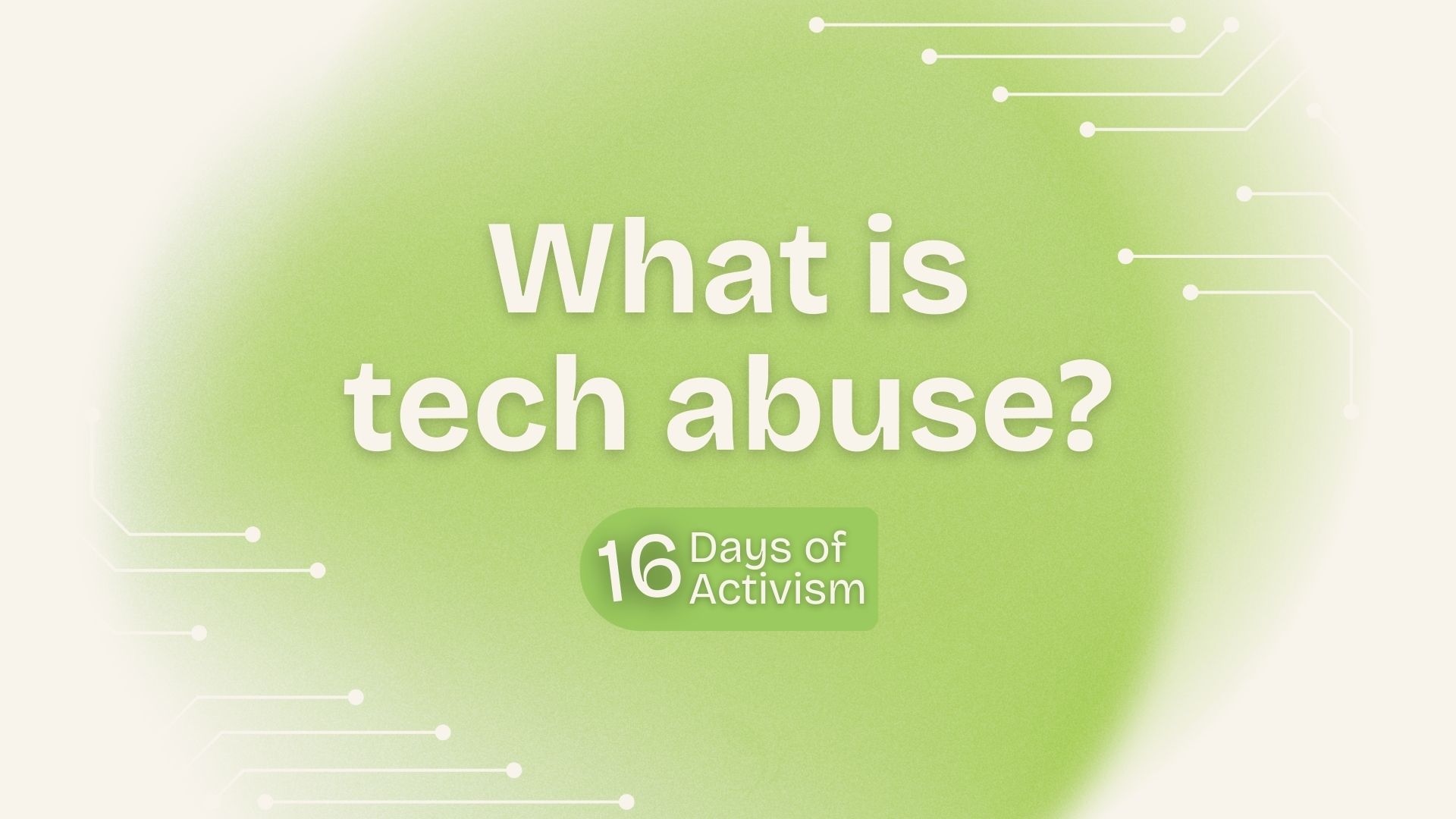Let's Talk About Stalking...

What is stalking?
If you have ended a relationship but your ex-partner is continuing to contact you, and you aren’t responding, or you fear if you don’t respond they might get worse, this is Stalking. They might also be turning up to your home or other places uninvited, seem to know your whereabouts without you telling them, be contacting your friends about you, or making allegations to professionals. Any of these behaviours are Stalking. In addition, having been in an intimate relationship they have significant knowledge of your life, routines, any vulnerabilities, your devices and accounts, any of which they could be using to Stalk you.
This behaviour is illegal. Maybe you aren’t sleeping, are feeling extremely anxious and on edge, have changed your daily routines to avoid your ex. You do not have to live like this, we can help.
Next Chapter can advise you of your options and support you with whatever steps you are ready to take to increase your safety – it is your choice. We will work with you at your pace, we can advocate to others for you, we are non-judgemental and understanding of the impact Stalking has.
We are independent of Police. But if you choose to report, we can support you throughout the process, and advocate for you as experts in Stalking. Maybe you’ve already reported and don’t feel you are being taken seriously – we can help.

What does stalking look like?
Stalking can take many forms. Often, a victim may experience the stalker:
- Publishing victims address online alongside malicious allegations about them, or to sex/chat websites (and giving out their address)
- Driving past the victim’s house several times a week
- Asking victim’s neighbours to report back on victim’s movements
- Calling and pretending to be a professional to elicit info from victim, or making malicious Allegations to professionals to cause distress
- Alleging fraud to DWP to freeze benefits, (if perp previously had control of all bills and money) Not passing on any info of bills and cancelling/changing into victim’s name without their knowledge which accrues debts – eg car insurance if victim owns and uses the car, signing them up to catalogues - (financial abuse)
- Using fake and numerous social media accounts across all platforms to follow/friend victim and their friends and family online
- Using withheld/new & unknown numbers/email addresses to continue contacting after being blocked
- Cyber stalking – having access to smart devices/ring doorbell in the home after separation, Hacking email address, bank account, etc
- Escalating significantly if victim doesn’t answer, so that victim has to reply/do as they are told to avoid e.g. harm to family

What is a stalker?
Some people are told to stop contacting their ex-partner but feel unable to let go, want lots of ongoing contact, to know what their ex is up to, and reconcile. Some people feel unable to stop contacting, or try to “bump into” their ex, or feel angry if they don’t get a reply and decides to go to their ex’s home address instead of texting and calling. Some people might make threats to get what they want. Some feel that mental health is impacting behaviour, or drinking or drug use is increasing. If you recognise any of the behaviours in yourself, you can get help to change.
Please go to The Change hub: The Change Hub - The Change Project (thechange-project.org)
Share Your Story With Us
Have we worked with or alongside you? Be among other survivors who have shared their valued and powerful stories
.png)



.png)